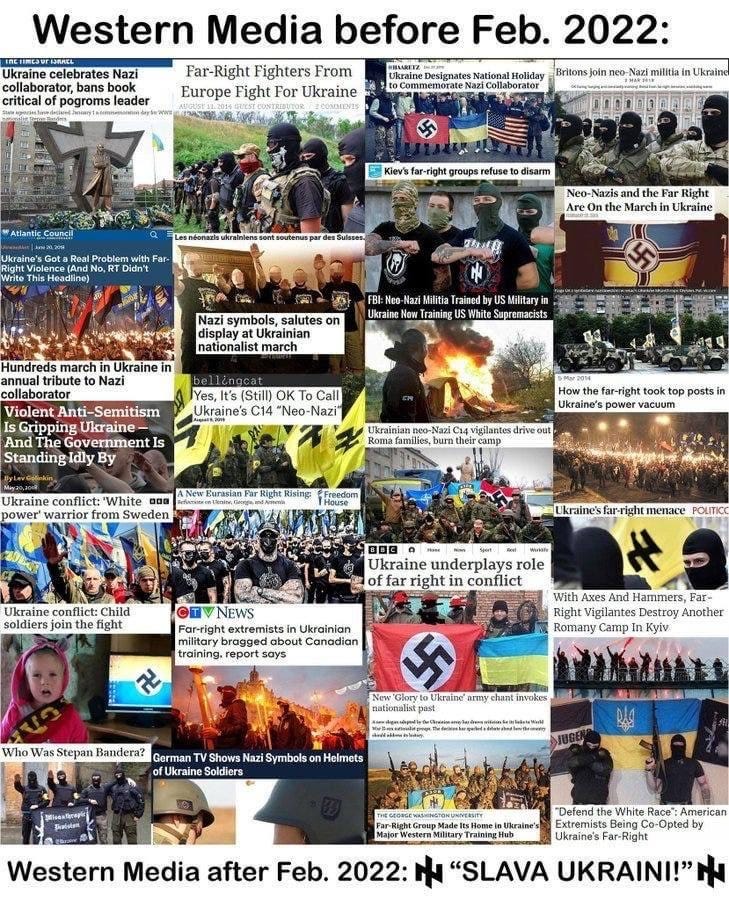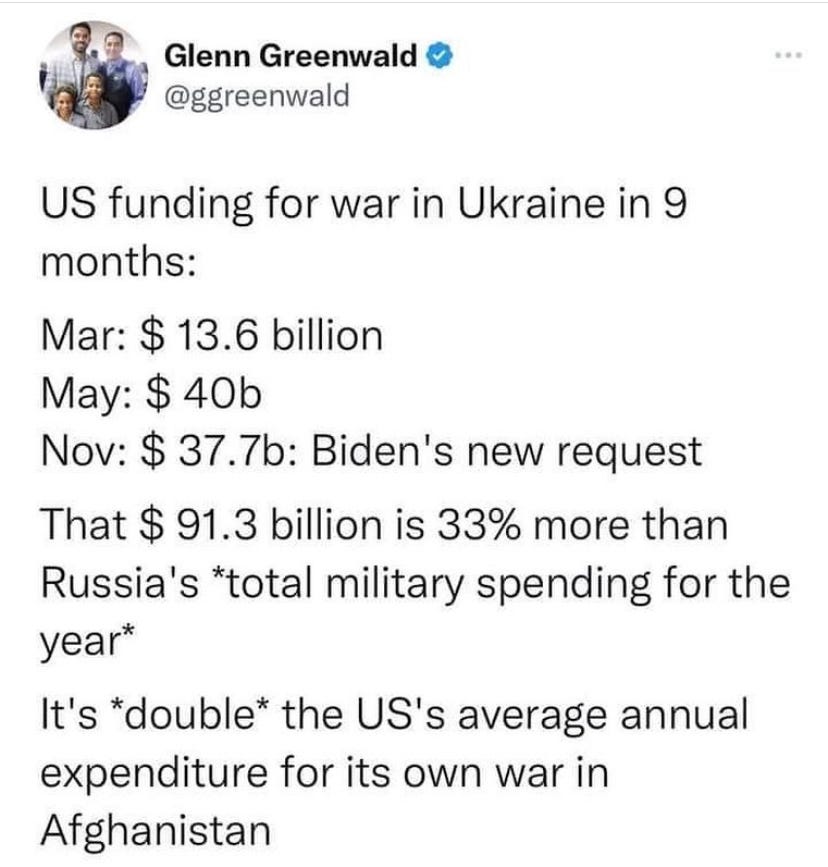The Hegelian Dialectic is Not What You Think
Avoiding misrepresentations when exposing corruption and true conspiracies
If you have spent a significant amount of time down conspiratorial rabbit holes, you should have come across the term “Hegelian dialectic”. Well before I dove deep into the web of deception and nefarious schemes that litter modern (and ancient) history, I knew of the Hegelian dialectic. You see, I am the fortunate owner of a bachelor’s degree in philosophy. Yes, the degree that led me to the palace of fame and fortune.
Regardless of the direct economic merits of such a pursuit, I am glad to have focused on this area of academia for my first degree. Years of studying, reading, and discussing philosophy equipped my already critical thinking mind with a cultivated logic and disciplined rigour in terms of analyzing ideas. It wasn’t a shortcut to a getaway villa in Southern Italy but I am more prepared to fend off timeshare hustlers.
All this is to say, I have read Georg Wilhelm Friedrich Hegel directly. I had to struggle through the doorstop of a book entitled, The Phenomenology of Spirit. All 640 pages. It wasn’t just the length but the often inaccessibility of Hegel’s writing. Granted this was the English translation of his German but from what I know, Hegel is just as tough a read in any language.
Nonetheless, I read this full text (weighing a full pound in softcover) and wrote multiple essays on it as well as some of Hegel’s other musings. I also did pretty well in the course. I am confident to say I know more about Hegel’s dialectic than most people who mention it.
Most people who parade it about are using it synonymously with the phrase “problem-reaction-solution”. This phrase has been made famous by David Icke and is used frequently in the realm of conspiracy theory.
Note, if you are just reading my writings for the first time, know that I do not use the term “conspiracy theory” disparagingly. I sincerely believe many conspiracy theories are on target and that conspiracy abound. This is why I think it is vitally important to make sure that the conspiracy theorists who have integrity remain as accurate as possible in their terms and explanations. Those of us who are serious about shining the light of truth on corruption and malfeasance should not want our efforts - which already face monumental obstruction, derision, and negation - to be the “baby thrown out with the bathwater” just because we were sloppy with language.
This article does not have the aim to criticize Icke or the notion of problem-reaction-solution. In fact, I think problem-reaction-solution can be shown to exist in numerous historic events regardless of the other layers of intent and consequence present.
I would say we might be seeing it right now with the Ukraine. While I don’t claim certainty, it seems to me the war in Ukraine has been fomented since 2014 or before. There is some evidence that the CIA created a coup in this shift of power. Again, I cannot be sure but it wouldn’t be a first for the CIA. Regardless, the West has not been entirely innocent in the build up to Russian ‘aggression’. The continued encroachment of forces and potentially new NATO countries on Russia’s borders do not exactly signal pacifism.
Even if we shove the past aside, the amount of money and WEAPONS that have been poured in Zelenskyy’s hands has been astounding. I cannot recall another parallel and there have been plenty of questionable conflicts that might have elicited a similar reaction if we believe that this is the right thing to do to for the betterment of peace, morality, and humanity.
So, for example, here we have (just one fairly superficial permutation of a possible few):
Problem - Russian forces entering Ukraine
Reaction - Outrage and concern at the injustice and suffering
Solution - Send money and weapons
Who does this serve?
Regardless of the legitimacy of the Ukrainian plight, some powerful people are making fortunes through this mechanism. An unbelievable amount of money is flowing into a country that had been regarded as the most corrupt in European, rife with fascism and a money laundering destination for quite some time.
The weapons manufacturers, like Lockheed Martin and Raytheon Technologies, and their investors, like many congressmen and senators who vote to keep sending money and weapons, are personally raking it in. If there was a conspiracy to destabilize Russia and launder money by sacrificing expendable Ukrainian soldiers and siphoning US (Canada and other Western nations) taxpayer funds, it would probably look quite a lot like this.
It doesn’t really make sense. When have we seen a comparable occurrence? There’s been lots of seemingly unjust wars and human suffering but I cannot recall ever seeing a reaction like this.
But the Ukrainian issue is not really the heart of this article. Let’s return to the Hegelian dialectic. I gave an example of the problem-reaction-solution that is often equated with it but now I need to clarify why they are not the same.
As far as I can decipher and in most credentialed philosophical circles, Hegel was writing about the evolution of ideas, concepts, theories, thought, and the likes. His dialectic can be whittled down to thesis, antithesis, and synthesis. Without diving into the obtuse writing of Hegel himself, I would simply explain this as the process of a concept (thesis) butting heads with an opposing concept (antithesis) which creates the necessity for a solution that holds the best parts of the two opposing concepts (synthesis). In some ways, this is a synergy. It is the melding of seemingly contradictory notions into a better collaboration of both notions as a third option.
I think this is already getting too heady and thick. Basically, as a someone who studied Hegel formally, I cannot accept the Hegelian dialectic to mean what is implied throughout its use in the realm of conspiracy theories. I think we should stick to problem-reaction-solution.
Maybe this is a dialectic of sorts but it’s not a Hegelian one.
Let’s be as exact with our language AND claims as possible. We certainly do not need to provide the establishment with any more reasons to dismiss us.
If you have proof of this being otherwise, please steer me toward it.












Very interesting and quite possibly a correct assessment. If so, what do you propose we do to rectify and stop the corrupt behaviour. There is corruption on both sides. Perhaps we could somehow influence our side to stop, but how do we influence the other side? Maybe somehow educating the masses might help but that would be a very long and likely fruitless process and we would have to have the mass media on our side. That is not likely to happen. I think we are stuck between a rock and a proverbial hard place.
(Beforehand, sorry about my English.) Let me possibly clarify something to you. The use of the term "Hegelian Dialectic" may be understandable and justified if you know that it was, I believe, Antony C. Sutton who really started using it (see, for example, his "An Introduction to The Order of Skull and Bones", by the way, a *great* book). He made the use of if because some social engineers who came from "the Order" were Hegelians. One can easily see that they transposed the Hegelian "philosophical" notions to the praxis of social engineering. I would argue that, thus understood, the application of the term is not wrong at all, especially because Hegel's "philosophy" (ideology, I would say) is — not so much disguisedly — monistic. Thus one cannot really distinct his "Geist" (and that involves the unfolding of history, or his "History", if you like) from the humans, or "His" actions from the human actions. Considered that, we can say that the dialectic contained in the "problem-reaction-solution" may be understood as a "Hegelian Dialectic".
Greetings from Brazil.
K. Yogi